George Littlechild
The prominent theme of my work is First Nations history. I explore the effects of the colonial system, the government and its treatment towards Indigenous people here in Canada and around the world.
My First Nations name is Nanekawasis. It was given to me by my tribe, Plains Cree, and is the same as my great grandfather’s. I’ve worked as a professional artist for over thirty years, have shown my art around the world, and have been in many group and solo exhibitions.

I just finished a huge drawing project of residential school children from the institution my mother, all her brothers and sisters, and my grandparents went to in Alberta. I obtained photographs from provincial archives. There are no names on the images of these rows and rows of uniformed children, all with their hair cut. I shared them with the elders, and they were able to identify the faces. To honour this lost generation, I created a body of 22 drawings. Had these children died there? What happened to them? I have two uncles, Alfred and Louis, who were both killed in the violence of the residential schools and I myself am a sixties scoop survivor, where kids were taken from their homes, whether they were dysfunctional or not, and forced to live in white foster care.
For Canada to move forward, we can never forget what happened. We have National Indigenous Day once a year, but it’s not a public holiday. I think it should be – a day for every Canadian to recognise and reflect on the history and treatment of First Nations, Inuit and Métis people, to educate their families, children and grandchildren. We must all acknowledge that this is what happened in Canada – we must never forget and we must honour the First Nations people.
This terrible, abusive system was created by past governments to kill the Indian – to make the First Nation people white people. Only what they didn’t realise is you can’t kill the spirit, unless somebody wants to give up and have their spirit controlled. What I call blood memory is this idea that when you’re born, you carry all the information of previous generations – it’s in you. That’s what you see now. There’s a resurgence: First Nations people are standing up and saying, ‘No, you can’t do this any longer.’

In my residential school drawing series, I honour my two uncles alongside the scores of other children who died and suffered. I plan to have this body of work travel and need to start putting out calls to institutions to show.
As the theme was very heavy, the project took a long time to create. When I finally finished I wanted to celebrate the fact that I’d gotten through this whole emotional process. We have a really beautiful garden and I felt compelled to capture it in these mixed media paintings. They’re just fun – showing Mother Earth, the spirit of humanity, the spirit of nature and the spirit of oneness. As First Nations we believe everything is connected so I see the garden as a nurturer and my link to nature.
Nature is something that plays a pivotal part of my life. I walk five days a week in the forest to be part of nature, to commune, like my ancestors before me, whose every aspect of their lives were dedicated to nature, and in some small way I continue to do as nature feeds my mind, body, spirit & emotional sides of who I am as a human. All my art is about healing and about telling the truth and this new series is especially cathartic. The garden is a calm place to be and nature is where I go to be rejuvenated as a human being.


